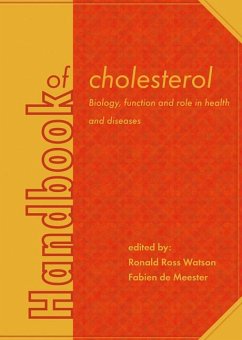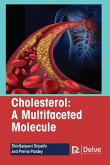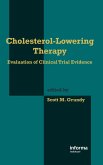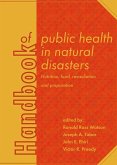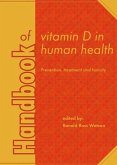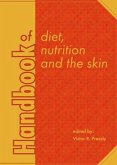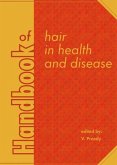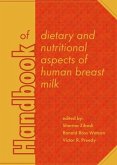The handbook of cholesterol - biology, function and role in health and disease - gathers a substantial set of contributions supporting the modern view that dietary and blood cholesterols are safe or even beneficial in a balanced omega-6/3 fatty acids environment, whereas they may turn into unsafe or detrimental to health in a typical omega-6 fatty acid environment. Dietary and blood cholesterols, including LDL-cholesterol, are secondary risk factors which belong to the human omnivorous diet and physiology, which may represent clinical valid surrogates of the outcome, cardiovascular diseases. However, the primary risk factors, the omega-6/3 fatty acids, determine whether human health is in the safe evolutionary zone or not. Omega-6/3 fatty acids are essential to human physiology. They must be present and maintained in physiologically-defined essential amounts and balanced in blood and tissue lipid pools, through the diet. Chronic deviations from omega-6/3 fatty acids make LDL-cholesterol valid indicators of cardiovascular disease. The handbook takes preventive and acute approaches, based on biochemical and clinical evidence, to the management of cholesterol - a per se non-essential nutrient, yet an essential blood and tissue component. The reviews, especially when combined, will help understand the essentiality of dietary and blood cholesterol as (risk) factors in human health.
Hinweis: Dieser Artikel kann nur an eine deutsche Lieferadresse ausgeliefert werden.
Hinweis: Dieser Artikel kann nur an eine deutsche Lieferadresse ausgeliefert werden.

